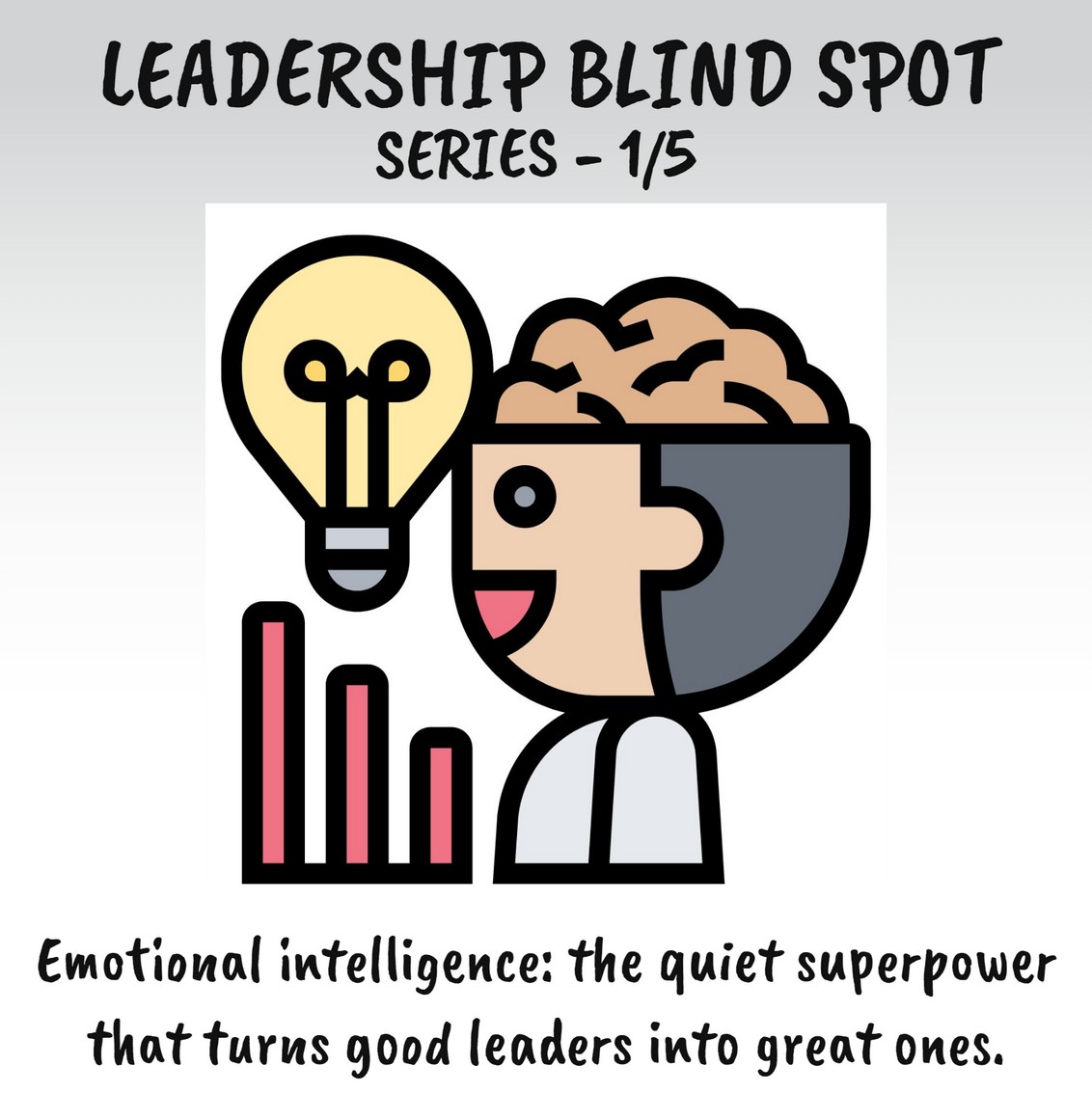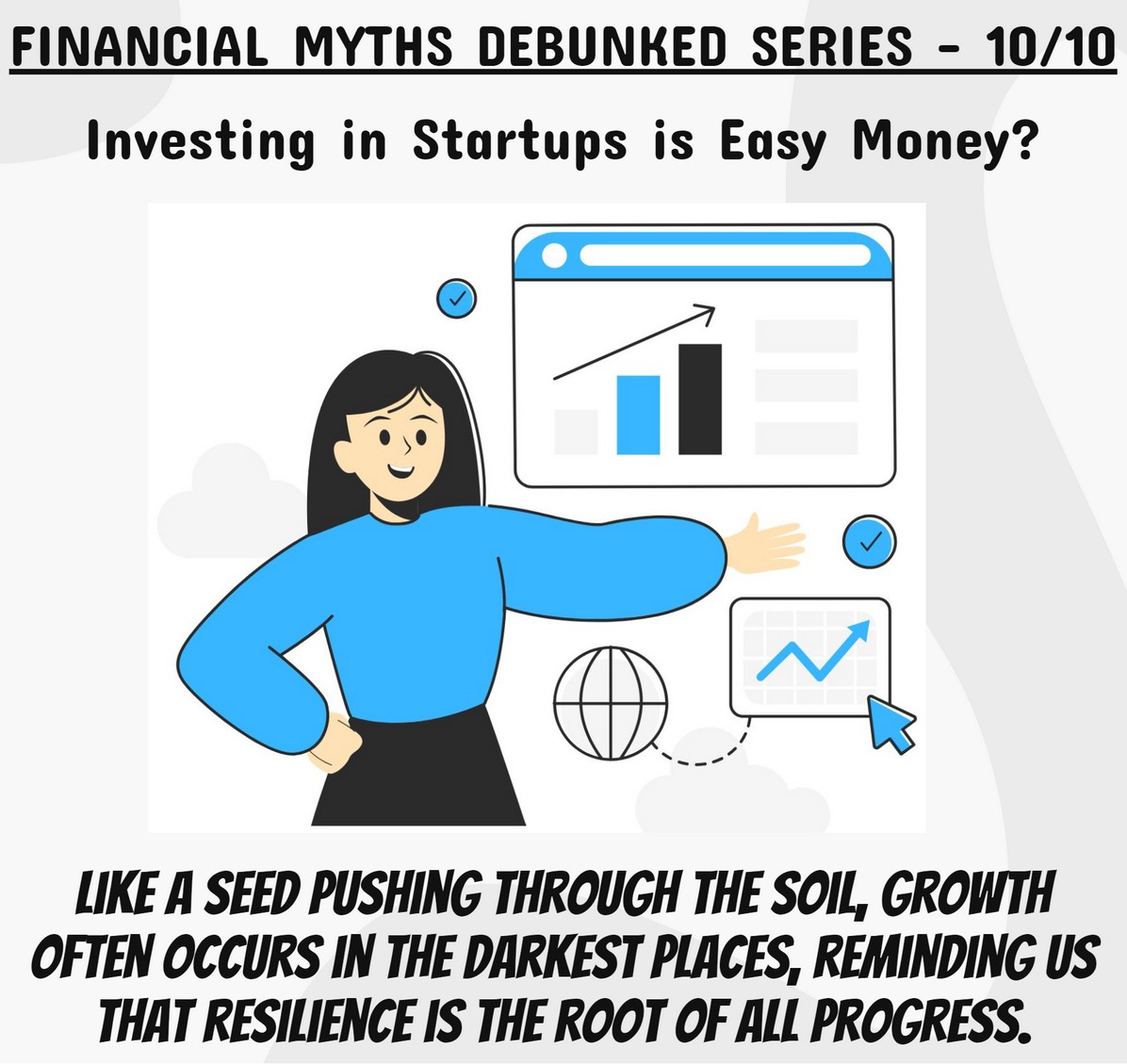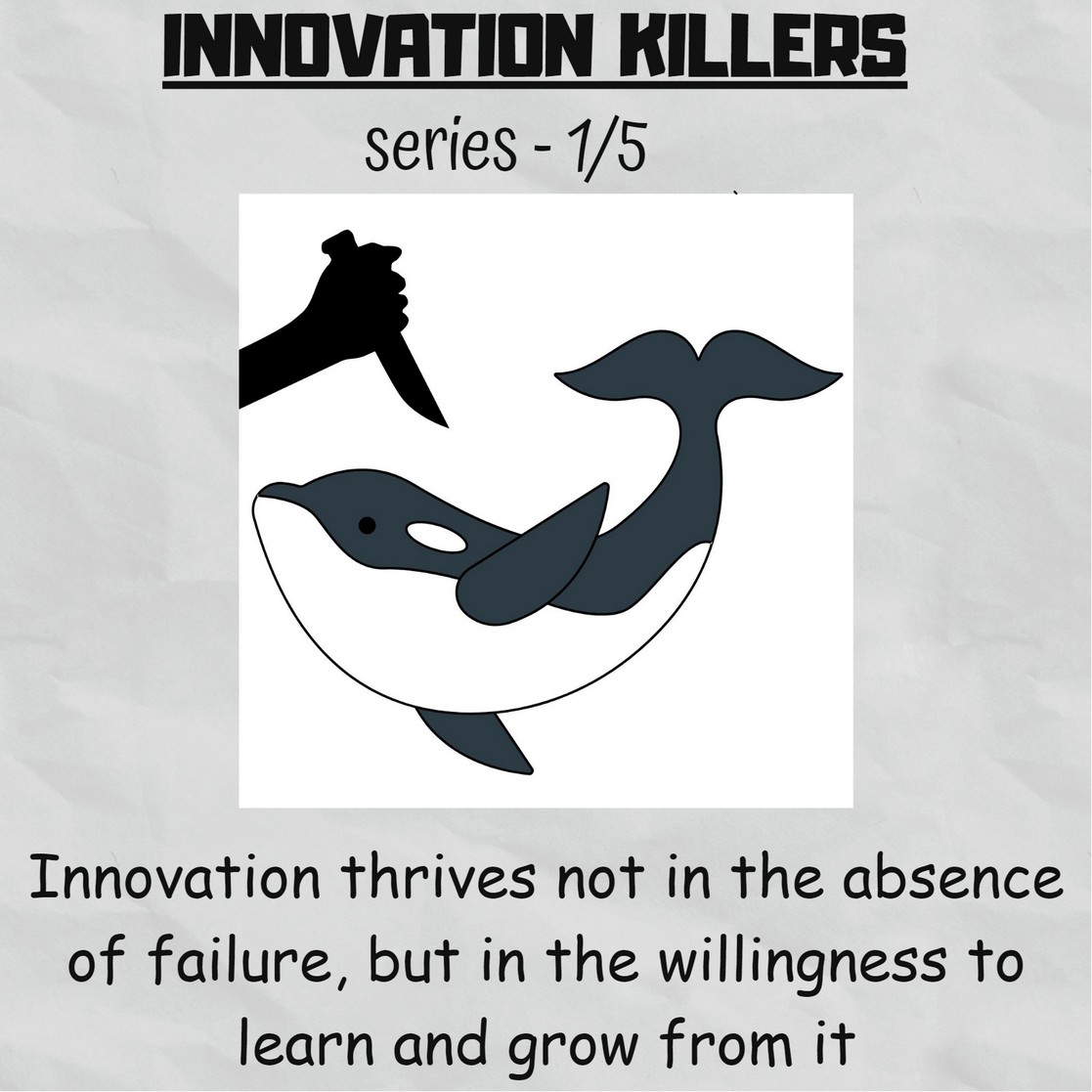
𝐋𝐄𝐀𝐃𝐄𝐑𝐒𝐇𝐈𝐏 𝐁𝐋𝐈𝐍𝐃 𝐒𝐏𝐎𝐓 𝐒𝐄𝐑𝐈𝐄𝐒 – 1/5
Prashanth
- 0
- 24
𝐄𝐦𝐩𝐚𝐭𝐡𝐲 𝐢𝐧 𝐋𝐞𝐚𝐝𝐞𝐫𝐬𝐡𝐢𝐩: 𝐇𝐨𝐰 𝐄𝐦𝐨𝐭𝐢𝐨𝐧𝐚𝐥 𝐈𝐧𝐭𝐞𝐥𝐥𝐢𝐠𝐞𝐧𝐜𝐞 𝐒𝐡𝐚𝐩𝐞𝐬 𝐒𝐮𝐜𝐜𝐞𝐬𝐬 🌟
In our quest for effective leadership and organizational excellence, one aspect often overlooked is the profound impact of Emotional Intelligence (EI). As leaders, we dive deep into strategies, operations, and financials, but how often do we pause to consider the power of empathy, self-awareness, and emotional regulation in shaping our leadership and organizational culture?
𝐄𝐦𝐨𝐭𝐢𝐨𝐧𝐚𝐥 𝐈𝐧𝐭𝐞𝐥𝐥𝐢𝐠𝐞𝐧𝐜𝐞: The Unseen Foundation of Effective Leadership
EI is not just a buzzword; it’s the cornerstone of transformative leadership. It’s about understanding your emotions and those of others, managing these emotions to foster productive discussions, and guiding decision-making processes. Leaders with high EI are adept at navigating the complex emotional landscape of their teams, leading to enhanced collaboration, morale, and performance.
𝐖𝐡𝐚𝐭 𝐢𝐟 𝐲𝐨𝐮 𝐢𝐠𝐧𝐨𝐫𝐞?
Ignoring the value of emotional intelligence can lead to disconnection, miscommunication, and ultimately, a toxic work environment. Leaders who fail to cultivate EI may find themselves blindsided by unresolved conflicts, high turnover rates, and a lack of trust within their teams.
𝐂𝐮𝐥𝐭𝐢𝐯𝐚𝐭𝐢𝐧𝐠 𝐚 𝐂𝐮𝐥𝐭𝐮𝐫𝐞 𝐨𝐟 𝐄𝐦𝐨𝐭𝐢𝐨𝐧𝐚𝐥 𝐈𝐧𝐭𝐞𝐥𝐥𝐢𝐠𝐞𝐧𝐜𝐞
𝐒𝐞𝐥𝐟-𝐚𝐰𝐚𝐫𝐞𝐧𝐞𝐬𝐬: It starts with knowing yourself. Recognize your emotional triggers and understand how they impact your decisions and interactions.
𝐄𝐦𝐩𝐚𝐭𝐡𝐲: Practice putting yourself in others’ shoes. This not only aids in building stronger relationships but also in crafting solutions that address the team’s concerns.
𝐑𝐞𝐠𝐮𝐥𝐚𝐭𝐢𝐨𝐧: Learn to manage your emotions, especially in stressful situations, to maintain clarity and composure.
𝐌𝐨𝐭𝐢𝐯𝐚𝐭𝐢𝐨𝐧: Harness your emotions towards a positive drive, inspiring and motivating your team towards shared goals.
𝐒𝐨𝐜𝐢𝐚𝐥 𝐒𝐤𝐢𝐥𝐥𝐬: Develop the ability to communicate effectively, resolve conflicts, and build a cohesive team.
How has emotional intelligence played a role in your leadership journey or organizational culture?
What practices have you found effective in enhancing EI within your team or organization?
Let’s share insights and stories on elevating leadership through the power of emotional intelligence. Your experience could be the key that unlocks someone else’s potential.


